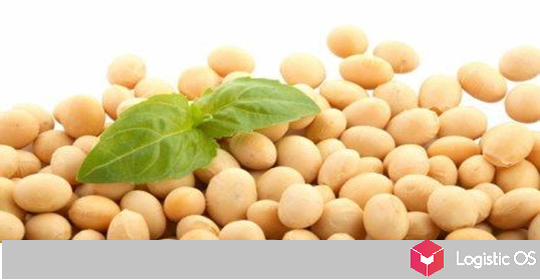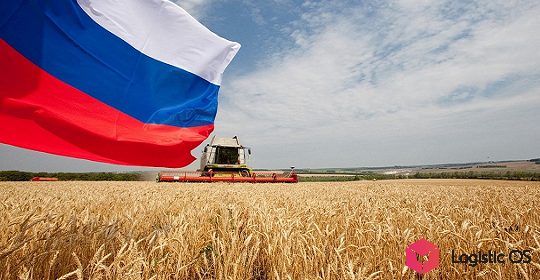According to the latest data, the total volume of agricultural exports from Russia to Saudi Arabia may reach $1.5 billion.
Recently, cooperation between Russia and Saudi Arabia in the agricultural sector has significantly increased and strengthened.
This was stated by Deputy Minister of Agriculture of Russia Sergei Levin as part of a business mission of Russian companies exporting agricultural products, which started on November 25 in Riyadh.
As Levin noted, in 2023, Russia’s share in the total structure of Saudi Arabia’s wheat imports almost reached 50%.
In addition, Russia actively supplies barley, meat, and vegetable oils to this country.
Experts see great opportunities for growth in this area. In particular, in the near future, it is also planned to supply such types of agricultural products as cheeses, confectionery, milk and dairy products, fish and other seafood, and soft drinks.
At the moment, about 140 Russian enterprises have already received the necessary accreditation to supply various types of agricultural products to Saudi Arabia, including meat, milk and fish.
At the same time, Rosselkhoznadzor and the Saudi Arabian Food and Drug Administration (SFDA) are ready to further expand the list of these enterprises.
In general, since 2019, Russian agricultural exports to Saudi Arabia have been growing by about 30% annually.
This is also reflected in absolute figures.
For example, in the first 9 months of this year, the Russian Federation sold agricultural products worth about $1 billion to Saudi Arabia.
In the future, this figure may increase significantly, analysts believe. By 2030, it has every chance of growing to $1.5 billion.
The state also has another important area for joint activity: Saudi Arabia plans to expand its own agricultural production and would be grateful to Russia if it shared its experience in growing grain.
At the same time, in the foreseeable future, the Saudis will not be able to do without a reliable supplier of wheat, and Russia could take on this role, which would benefit both parties.
Among importers of Russian grain, Saudi Arabia currently ranks third, having already purchased about 2 million tons of grain since the beginning of the season.
The parties plan that expanding cooperation in the future would help Russia establish deliveries through Saudi Arabia to other nearby countries in the Middle East and North Africa, which could further increase the export potential of the Russian Federation and provide it with reliable partners.

